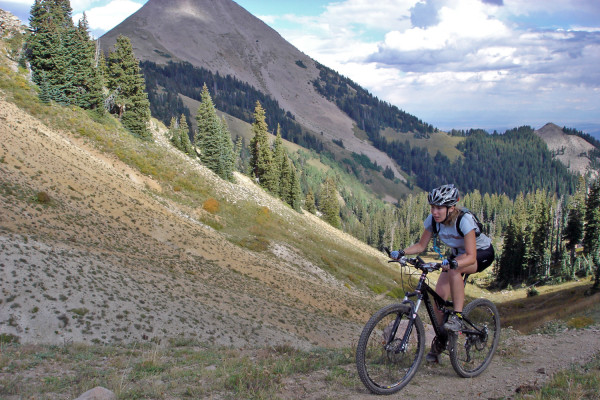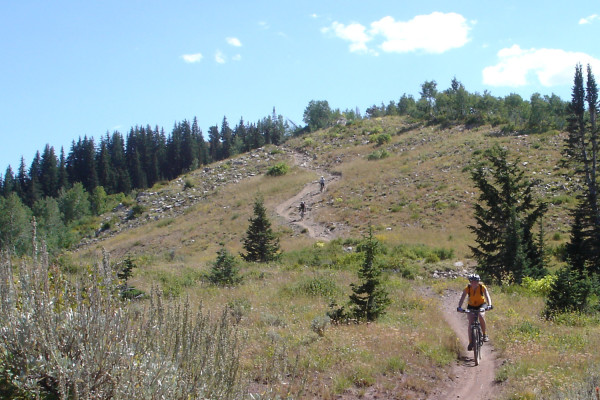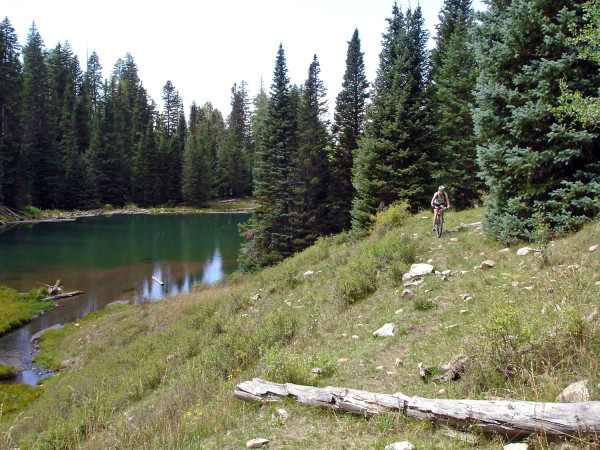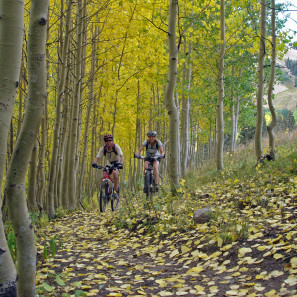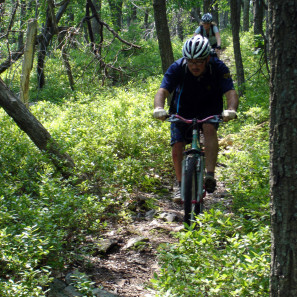With the tagline of Fix America’s Trail System, the Sustainable Trails Coalition has been working to reawaken debate on trail access in designated Wilderness areas. It seems that they are gathering steam, raising awareness, and getting more press with a draft bill they’ve authored to update the Wilderness Act of 1964, which has been interpreted since the 1970s to institute a blanket ban on all bikes in Wilderness areas, arguably contrary to the original intent of the legislation. Their newly proposed draft bill is currently being shopped around in D.C., looking for a congressional sponsor to put it up for discussion. Read past the break for the Coalition’s thoughts and why some like IMBA won’t be getting onboard…
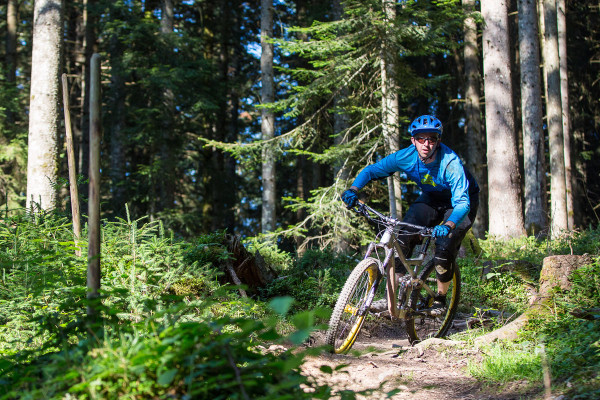
The issue at the heart of the matter is that bikes are now lumped in with other mechanized forms of movement, and the creation of a federal Wilderness designation was to protect those areas from development and being overrun by vehicles. The goal had been to preserve the wild beauty of nature in the US (particularly the undeveloped west) and provide a place for Americans to experience an environment unspoiled by development. Unfortunately, being considered a mechanical vehicle (together with the likes of jeeps and motorcycles) bikes got locked out, while others who might be equally hard on trails were allowed access.
The most important point to understand about the Sustainable Trails Coalition and their proposed Human-Powered Wildlands Travel Management Act of 2015 is that they are NOT seeking to open up all Wilderness areas for unfettered bicycle access. They just want to get rid of the defacto blanket ban, so that individual land management organizations have the ability to make decisions that make sense for their specific Wilderness area.
What the STC wants to do is reestablish the classification of use as human-powered versus mechanically-powered travel. Their idea is keeping with the supposed original intentions of the 1964 legislation that meant to preserve the natural environment for people to be able to go out under their own power and explore.
That being said, Wilderness areas like Maroon Bells, Eagle Cap, Bridger, Desolation, and Indian Peaks that are already overused by backpackers and horseback riders aren’t likely to have proposed cycling use anytime soon. But there are plenty of Wilderness areas (in fact a total of 762, covering more area than the entire state of California) and many that get so few visitors each year that their existing trails are disappearing due to nonuse. These are the areas where trail advocacy groups like IMBA and their local member organizations could work together with the land managers on the ground to develop responsible, sustainable trail access, once the blanket ban goes away.
Another aspect of the legislation is to better allow the land managers to maintain these wild areas. The current law even prevents workers in the Wilderness areas from using mechanized means to maintain the popular trails that everyone is using. While it makes sense that park and forest service workers shouldn’t be driving trucks in to repair trails, it also stops them from using a chainsaw or even a wheelbarrow. The draft update would permit federal employees and authorized volunteers to use modern equipment to keep the existing trails open for Wilderness users.
There is lots more info about their movement on the Sustainable Trails Coalition’s website, especially their FAQ page that outlines a lot of why they are pushing for change. What they are doing is good for everyone. It means better maintained trails in areas suffering from overuse, and the opportunity to open up (and reopen) trail access for cyclists to explore more of America’s wilds. But to do so requires lobbying, and thus funding. If this sounds like something important to you, consider supporting the initiative, and hopefully they can help broaden trail access for cyclists.
If interested, the most recent version of the draft legislation we’ve seen was hosted over in the MTBR forums.
Now on the topic of IMBA, they have some good reasons why they aren’t really onboard (but are actually praising the dialogue.) Partly, it is a result of IMBA having so many broad stakeholders and needing to be diplomatic. IMBA’s methods are more inclusive, and they do their best work by working on compromises with everyone leaving the bargaining table happy. But it is also because IMBA is successfully working in other ways to protect and restore trail access in and around Wilderness areas. Certainly not to be discounted, IMBA has done great work in working with land managers to slightly modify Wilderness boundaries so that mountain biking can continue and even grow adjacent to these preserves. While they share some end goals with the STC, they will continue with their separate approach to access.
